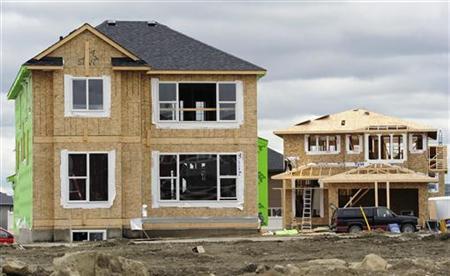When Brian Castelli rebuilt his house in the Virginia suburbs of Washington, DC two years ago, it turned out to be twice the size of the one that used to sit on the same lot. That might seem excessive, but it turns out that with some smart, low-cost efficiencies, his heating and electric bills are smaller than they were with the previous house. Castelli is one of a small, but growing, number of people who have decided that living in a more energy-efficient way is less about being eco-friendly and more about smaller utility and gas bills.
"Last summer we had a long streak of 100-degree days and still had one of our lowest electric bills ever," he says proudly.
Castelli says a lot of this savings came down to "knowing how to use a caulk gun well, taking more care in construction and taking advantage of passive solar energy." He made sure all his light sockets took Compact Fluorescent Light (CFL) bulbs, added extra insulation to the walls and hired a builder who knew how to seal everything up tightly. He extended the eaves of the roof so they would block the summer sun but allow in winter light. He insulated his water pipes and installed an instant hot water heater. And he divided the house into four heating and cooling zones with extra thermostats.
Michael Noel, an economist with Edgeworth Economics in Washington, DC, points out that energy consumption in the U.S. has held fairly steady over the past decade. Yet people are spending significantly more because prices for gasoline, heating oil and natural gas have seen dramatic price spikes.
"It used to be that the world supplied oil and the U.S. largely consumed it. That's not the case anymore," says Noel. Growing populations and increasing industrialization in China, India and Southeast Asia are steadily putting pressure on world oil supplies. "Whatever we do will not cause prices to fall; it will cause prices to rise less fast," he says. So the only Americans likely to see their energy bills decline are those who learn to use less.
One way that is gaining some steam is to use more energy-efficient appliances. A recent survey from E-Source Companies shows that between 2009 and 2010 the portion of people who received rebates for energy-efficient appliance or other equipment, weatherized their homes or had energy audits all ticked up to varying degrees (off a small base). Cutting costs is the chief reason for these moves.

While expensive measures like adding solar power or putting up wind turbines get a lot of attention, homeowners find they can save a lot with changes that are far more pedestrian, like Castelli.
Those who have managed to go off the grid completely have to adapt their lifestyle more dramatically, but the trade off is reliability.
Kriss Bergethon, 36 and his wife, Sue, decided to move from Denver to outside Steamboat Springs, Colorado a few years ago and found a house with a beautiful lake view but no ties to the local utility companies. The first year in the house was a learning experience. They had to trade their fan furnace for a wood stove, and use passive solar heat and thick insulating curtains because the furnace ran their electricity stores down too quickly. They save laundry for sunny days so they can rely entirely on their solar cells to power the washer and hang their clothes up to dry.
But through all of this they've never been completely without electricity. "A few weeks ago power went out across the valley and I did feel satisfaction," Bergethon says. "We've learned to sip energy rather than gulp out. The upside is we don't deal with power outages. We just don't have them."